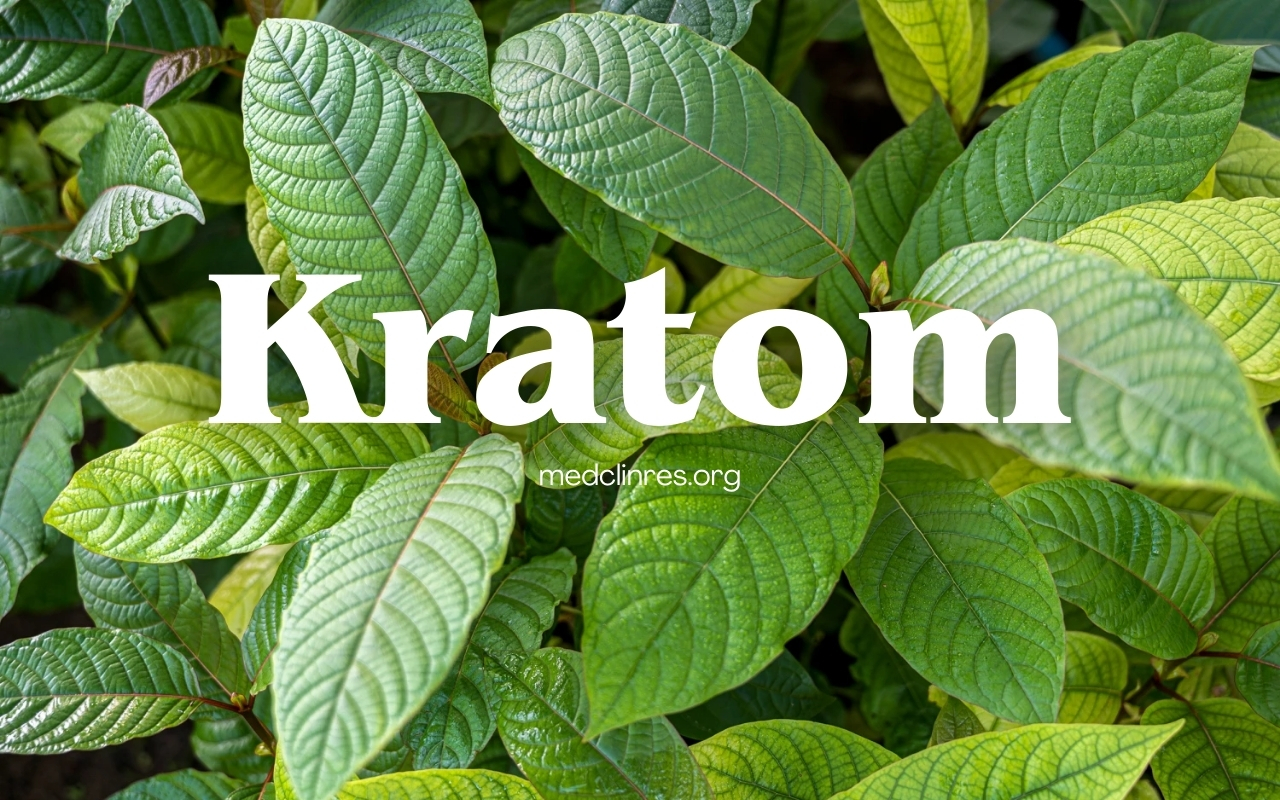
Kratom (Mitragyna speciosa), a plant native to Southeast Asia, has gained popularity as an herbal supplement for pain relief, anxiety reduction, and enhanced focus. Despite its increasing use, the full scope of its effects and potential risks remains under scientific investigation. Depending on the dosage, kratom can act as a stimulant in smaller amounts or produce sedative effects when consumed in higher doses. This article provides an evidence-based analysis of the three primary kratom strains—red, green, and white vein kratom—and their respective health impacts.
Kratom Varieties and Their Unique Characteristics
Kratom is categorized based on the color of the central vein in its leaves—red, green, or white. The variations in color signify distinct alkaloid compositions, leading to different physiological effects. Further classification depends on the region of cultivation, including Malaysia, Indonesia, Vietnam, and Sumatra, as well as the specific drying and processing methods used.
Red Vein Kratom: The Most Sedative and Analgesic Strain
What is Red Vein Kratom?
Red vein kratom is derived from mature leaves, undergoing an extended drying process that enhances its concentration of key alkaloids, particularly mitragynine and 7-hydroxymitragynine. These active compounds interact with opioid receptors, offering notable analgesic and sedative effects.
Primary Effects of Red Vein Kratom
- Pain relief: Often used for managing chronic pain conditions, including arthritis and migraines.
- Sedation: Frequently chosen by individuals seeking sleep support.
- Stress and anxiety reduction: Provides relaxation and emotional balance.
Notable Red Vein Kratom Strains
- Red Bali: Recognized for its potent relaxing properties, making it effective for stress relief.
- Red Thai: Delivers mild euphoria alongside relaxation, ideal for users seeking a balanced effect.
- Red Maeng Da: One of the most powerful strains, providing strong analgesic effects without excessive drowsiness.
- Red Borneo: Known for its calming effects while allowing users to maintain alertness.
Potential Risks and Side Effects
The strong sedative properties of red kratom increase the risk of drowsiness, dependency, and gastrointestinal discomfort. Long-term use can lead to tolerance and withdrawal symptoms similar to opioids, including irritability and insomnia. Medical guidance is advised before incorporating red vein kratom into a wellness regimen.
Green Vein Kratom: A Balanced, Versatile Option
What is Green Vein Kratom?
Green vein kratom is harvested before full maturity, undergoing minimal processing. This results in a balanced alkaloid profile that provides both mild stimulation and relaxation, offering a middle ground between red and white strains.
Primary Effects of Green Vein Kratom
- Mild energy enhancement: Increases alertness without overstimulation.
- Mood support: Helps regulate stress and improve mental clarity.
- Cognitive boost: Enhances focus and sociability.
Notable Green Vein Kratom Strains
- Green Malay: Known for its long-lasting effects, supporting mental clarity and endurance.
- Green Borneo: Promotes productivity and relaxation, making it ideal for work or study.
- Green Maeng Da: A potent strain offering heightened focus and mild relaxation.
Potential Risks and Side Effects
Though generally considered milder, green vein kratom may cause nausea, dizziness, and digestive discomfort in some individuals. Prolonged use can still lead to dependency. Proper dosing and periodic breaks in use can mitigate these risks.
White Vein Kratom: The Most Stimulating Strain
What is White Vein Kratom?
White vein kratom is harvested early in the leaf’s growth cycle, offering a distinct chemical composition that promotes alertness, focus, and motivation. It is often compared to caffeine in terms of its stimulating properties.
Primary Effects of White Vein Kratom
- Increased energy and stamina: Enhances physical and mental performance.
- Enhanced cognitive function: Supports concentration and motivation.
- Mood elevation: Can induce mild euphoria and uplifted mood.
Notable White Vein Kratom Strains
- White Borneo: Provides a moderate energy boost with cognitive clarity.
- White Thai: Known for uplifting effects and enhanced motivation.
- White Maeng Da: A highly potent strain for prolonged stimulation and focus.
Potential Risks and Side Effects
White vein kratom’s stimulating nature can lead to increased heart rate, restlessness, anxiety, and difficulty sleeping. Excessive use may result in dependency, requiring higher doses for the same effects, potentially leading to withdrawal symptoms.
Comparing the Three Strains: Which Is Best for Specific Needs?
- For pain relief and relaxation: Red vein kratom is the preferred choice.
- For balanced energy and focus: Green vein kratom provides a moderate effect.
- For stimulation and cognitive enhancement: White vein kratom is ideal for boosting alertness.
The Risks of Kratom Use and Safety Considerations
Despite kratom’s potential benefits, its unregulated nature raises safety concerns. Variability in product quality, potential contamination with harmful substances, and interactions with medications pose significant risks. Furthermore, kratom dependency has been linked to withdrawal symptoms similar to opioid withdrawal, underscoring the need for cautious use.
Is Kratom Addictive?
Yes, frequent and high-dose use of kratom can lead to dependency, particularly with red vein strains due to their opioid-like effects. Gradual tapering and medical supervision are recommended for individuals seeking to discontinue kratom use.
Kratom Withdrawal Treatment
Withdrawal symptoms can range from mild (fatigue, nausea) to severe (insomnia, mood swings). Medical detoxification and behavioral therapies may be necessary for individuals experiencing significant dependence.
Regulatory Concerns and Legal Status
The U.S. Food and Drug Administration (FDA) has not approved kratom for medical use, citing safety concerns. Several states, including Alabama, Indiana, and Wisconsin, have banned kratom, while others regulate its sale. Consumers should verify local laws before purchasing kratom products.
Conclusion: Responsible Use and Medical Oversight
Kratom remains a controversial botanical with potential benefits and significant risks. While it offers analgesic, stimulant, and mood-enhancing properties, its potential for dependency and lack of regulation necessitate cautious use. Consulting a healthcare professional before using kratom is essential to ensure safe and informed decision-making.
For individuals struggling with kratom dependency, professional rehabilitation programs can provide structured recovery support. Ensuring responsible use and awareness of kratom’s risks is crucial for maintaining long-term well-being.
Also Read: Kratom, Opioids, and Addiction Recovery: What Medical Research Says


